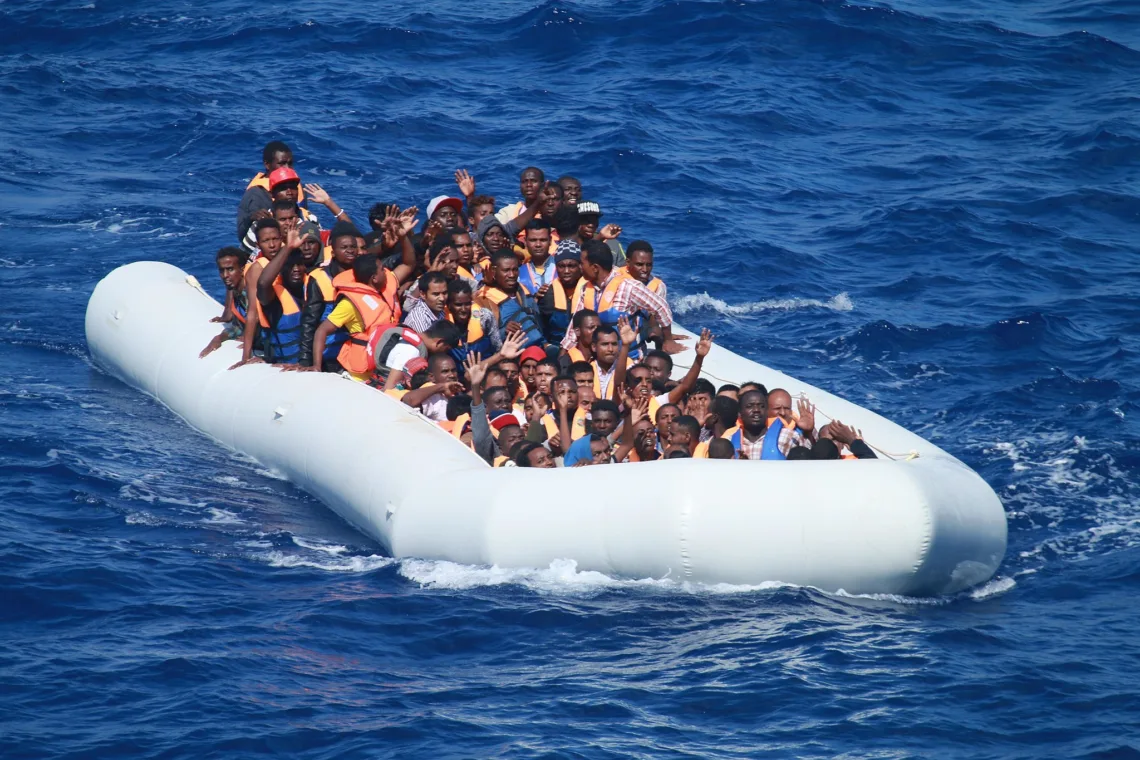Historian and journalist for Vårt Land and Dagsavisen, Maren Sæbø, believes that being in search of a better life for yourself and your loved ones and also fleeing war or persecution, are not mutually exclusive.
“It has long been argued that the overcrowded boats do not contain refugees, but economic opportunists, or fortune hunters. After all, the conditions are not mutually exclusive,” writes Sæbø in Dagsavisen.
The historian believes that the conditions in Sudan could lead to a new refugee crisis.
“Boats are coming across the Mediterranean like never before. We are seeing a record number of refugees and now with a warlord in Sudan we can ensure that the trend continues,” she writes.
According to Sæbø, the UN High Commissioner for Refugees estimated that of those who arrived in Italy by sea last year, around half were entitled to refugee status on initial processing.
“So far this year, most come from the Ivory Coast and Guinea, two West African countries with a troubled political landscape,” she writes.
Sæbø believes that the focus should now be on refugees from Africa.
“In Africa, as on other continents, there are now more refugees and internally displaced persons than ever before. Around a third of the world’s more than 100 million refugees are in Africa. And especially in a belt just south of the Sahara. There are, for example, ten million in the troubled belt from Mali to Chad; there are five million in South Sudan and the neighbouring countries. In Ethiopia there are almost three million internally displaced people ” writes Sæbø.
The historian is highly critical of the EU’s handling of what she believes to be a refugee crisis.
“It is not only the involvement in Sudan that the EU has been criticised for in its handling of migrants. Powerful warlords who may have taken offence at the EU’s approach to the migration issue can also be found in Libya. At the start of what could be a busy season, both in the Sahel, in the Sahara and in the Mediterranean, it is perhaps time to rethink both how to refer to and handle the people who, under very dangerous conditions, move north on the African continent”, says Sæbø concluding as follows:
“The reasons why they move are rarely as clear as in Khartoum in recent days, but the story of Dagolo should be a powerful reminder that one should go to the causes of the problems, not just stare at the symptoms.”

